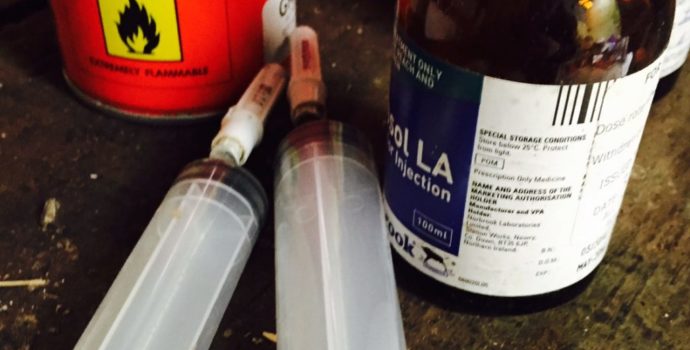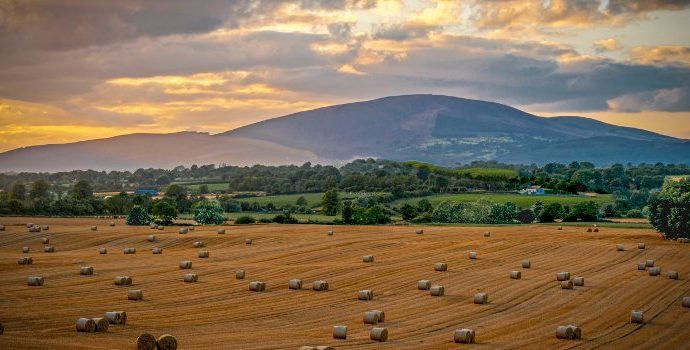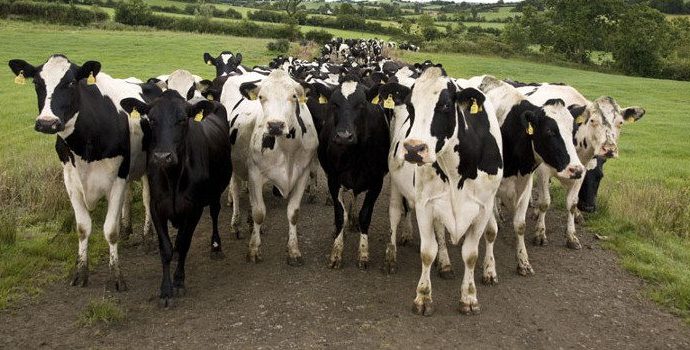IFA Lobbies European Parliamentfor “softer” Landing on Quotas Before 2015

At a meeting in Brussels last week, IFA further intensified its efforts with like-minded European farm organisations, to secure support for a softer landing in the run up to 2015.
IFA National Dairy Committee Chairman Kevin Kiersey added that next week, the Association will participate actively in a round table discussion on the Dairy Package in the European Parliament in Brussels, hosted by German MEP Ms Britta Reimers, and plan with supporting countries to raise the need for a soft landing in all member states.
However, Mr Kiersey said farmers should not underestimate the substantial resistance on this issue from the EU Commission and from the majority of member states, including some very influential ones such as France. He advised farmers to take every precaution for the foreseeable future to avoid exposure to costly superlevy bills.
Explaining that since the Lisbon Treaty, the European Parliament now has significant decision influence on European agriculture legislation, Mr Kiersey added: “As the European Parliament are currently reviewing the Dairy Package, the draft dairy legislation giving effect to the High Level Group recommendations, we have brought the issue of the soft landing to the discussion within that forum.”
“Three weeks ago, we met with Mr Jim Nicholson, MEP, European Parliament rapporteur on the Dairy Package to lobby him on the need for a softer landing – and found him amenable. Last week, we had a meeting in Brussels of the COPA Dairy Group, where we had discussions with our Danish, Dutch and critically our German colleagues. Those share our wish to see greater flexibility introduced in the quota regime before 2015 to reduce the cost of quota and the pressure from superlevy,” Mr Kiersey said.
“Next week, we will again by in the European Parliament on this issue,” he added.
“We will continue to work hard, directly and through our new Government, to persuade more member states to allow greater flexibility in the quota regime without impacting negatively on European dairy markets. However, until such time as legal changes are made, rather than talked about, Irish dairy farmers should continue to minimise their exposure to superlevy,” he concluded




